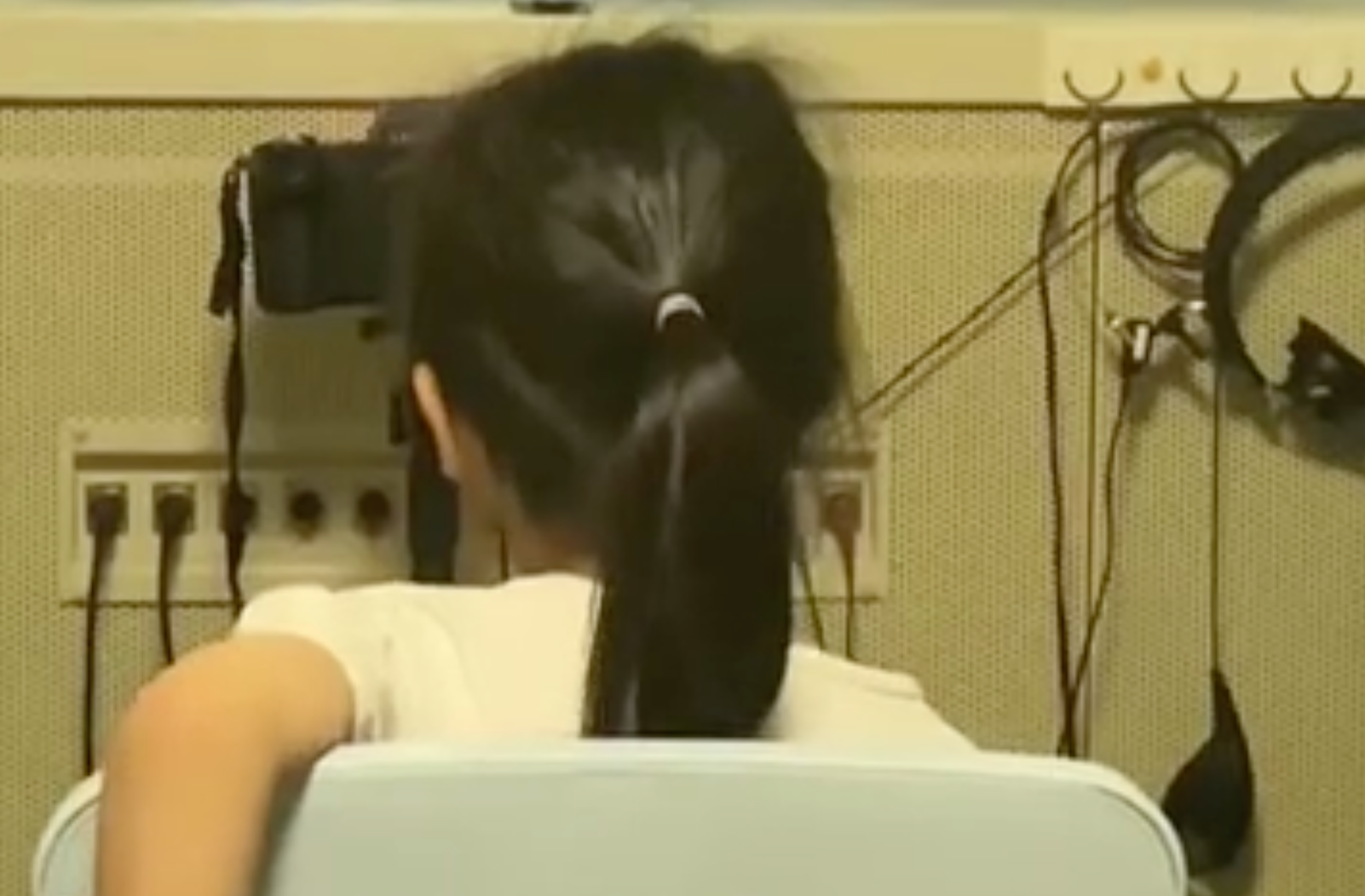Breakthrough gene therapy treatment restores hearing in children born deaf
‘We saw the hearing ability of children improve dramatically week by week,’ scientists say

Your support helps us to tell the story
This election is still a dead heat, according to most polls. In a fight with such wafer-thin margins, we need reporters on the ground talking to the people Trump and Harris are courting. Your support allows us to keep sending journalists to the story.
The Independent is trusted by 27 million Americans from across the entire political spectrum every month. Unlike many other quality news outlets, we choose not to lock you out of our reporting and analysis with paywalls. But quality journalism must still be paid for.
Help us keep bring these critical stories to light. Your support makes all the difference.
A breakthrough gene therapy treatment in China has restored hearing in several children born with inherited deafness, an advance that marks a milestone in the treatment of hearing loss.
The clinical trial lasting about 26 weeks involved six kids suffering from a type of inherited deafness caused by a mutation of the gene called OTOF.
Five of six children who underwent the experimental treatment demonstrated hearing recovery and improvements in speech recognition with no reported toxicities, according to the research, published in The Lancet medical journal on Wednesday.
The research represents the first-ever clinical trial in humans to administer gene therapy for treating this genetic condition, with the most patients treated and the longest follow-up to date.
“Not since cochlear implants were invented 60 years ago, has there been an effective treatment for deafness. This is a huge milestone that symbolizes a new era in the fight against all types of hearing loss,” study co-author Zheng-Yi Chen, DPhil said.
Over 1.5 billion people worldwide suffer from hearing loss with about 26 million of those individuals inheriting the condition from birth.
Among children, more than 60 per cent of cases of hearing loss stem from genetic reasons, scientists say.
One such hereditary hearing loss, called DFNB9, is caused by mutations of the OTOF gene that cause failure to produce a functioning protein necessary for the transmission of sound signals from the ear to the brain.
Currently, there are no drugs to treat this form of hereditary deafness that may cause the brains of children to “develop abnormally” without intervention, scientists say.
“The results from this study are truly remarkable. We saw the hearing ability of children improve dramatically week by week, as well as the regaining of their speech,” Dr Chen said.
In the study, researchers observed six children who had total deafness for over 26 weeks at the Eye & ENT Hospital of Fudan University as they were injected with an adeno-associated virus (AAV) carrying a version of the human OTOF gene.
The procedure was designed to carefully introduce the modified virus-carrying functional OTOF gene into the inner ears of the patients through a special surgical procedure.
Differing doses of the single injection were used.
Researchers found dramatic improvements in speech perception and restored the ability to conduct normal conversation among the children.
The findings, according to scientists, point to evidence for the safety and effectiveness of gene therapies as a potential treatment for genetic hearing loss.
“We are the first to initiate the clinical trial of OTOF gene therapy. It is thrilling that our team translated the work from basic research in animal model of DFNB9 to hearing restoration in children with DFNB9,” study lead author Yilai Shu said.
“I am truly excited about our future work on other forms of genetic hearing loss to bring treatments to more patients,” Dr Shu added.
Subscribe to Independent Premium to bookmark this article
Want to bookmark your favourite articles and stories to read or reference later? Start your Independent Premium subscription today.
Join our commenting forum
Join thought-provoking conversations, follow other Independent readers and see their replies
Comments